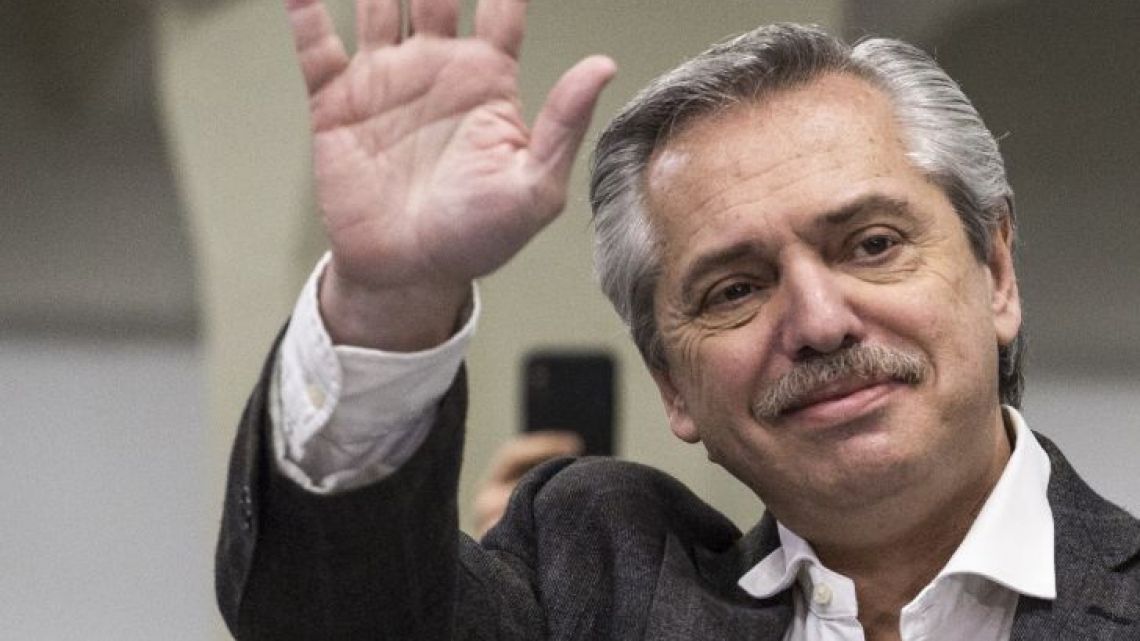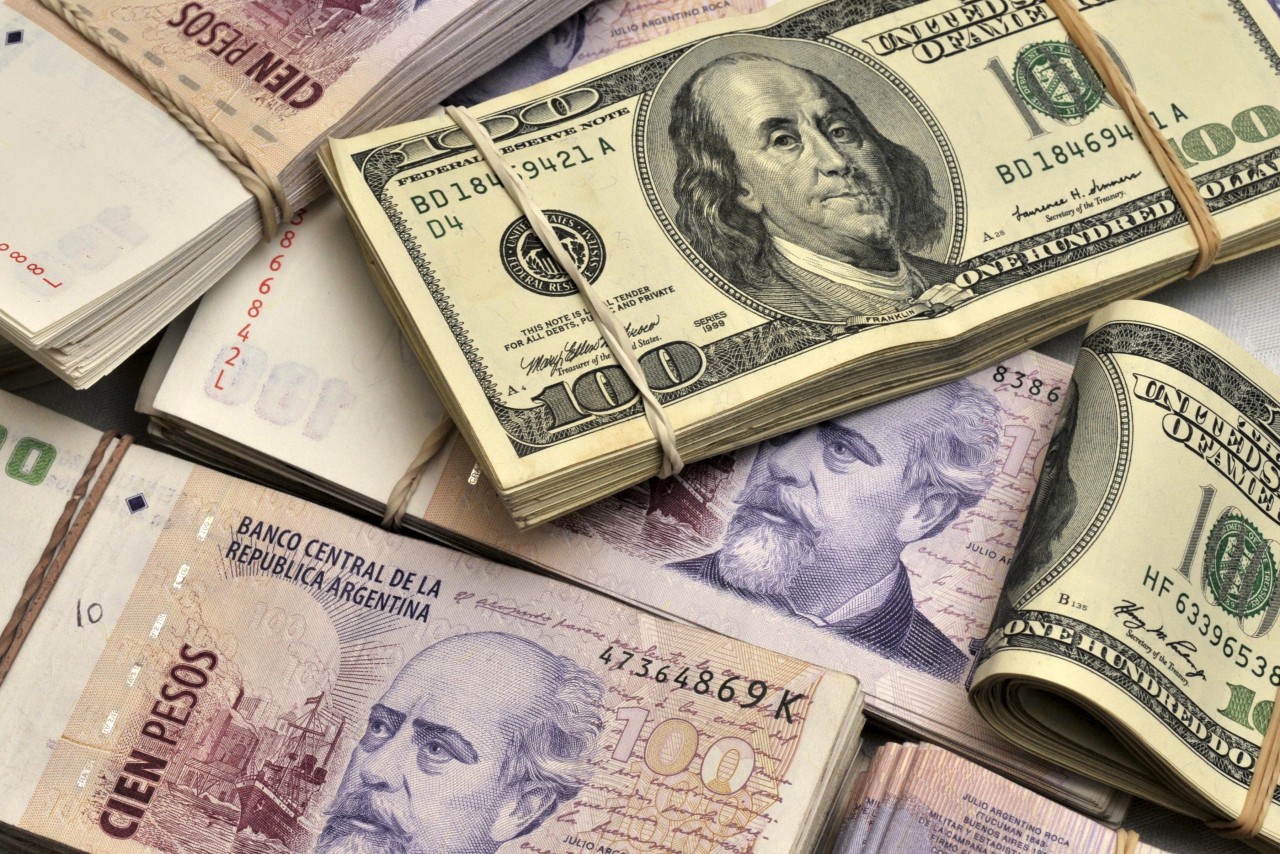RIO DE JANEIRO, BRAZIL – The first days following Alberto Fernández’s election as Argentina’s new president have seen nothing of the feared negative market reactions. On the other hand, many heads of state around the world, in particular from Latin America, have reacted positively.

The new head of the International Monetary Fund (IMF), Kristalina Georgieva, also joined in the compliments. The relationship between the coming government and the IMF will be important for the development of the country’s economic situation due to the conditions imposed by the IMF regarding the granting of loans.
With his first trip as elected president, Fernández will give an important indication towards a renewed reactivation of regional unification, when he travels to Mexico early next week.
He will first meet President Andres Manuel López Obrador and then representatives of the Puebla Group, a new coalition of progressive political forces in Latin America. Fernández will be joined by Felipe Solá, who is to become the new foreign minister.
Meanwhile, the day after the election, Fernández met his predecessor, Mauricio Macri, in the presidential palace “Casa Rosada”. Macri agreed to an orderly handover of government business.
From entrepreneurial circles, however, initial expectations have been directed to the future president: a lowering of interest rates, a stabilization of the currency and consumer incentives.
The Central Bank has already announced that it will allow banks to double the amount of new loans, provided salaries to state, provincial and local government employees are paid. This would prevent a potential default.
As the first immediate measure after Fernández’s electoral victory, the Argentinian central bank had announced that private individuals would only be allowed to exchange pesos worth a maximum of US$200 (R$800) until December. In doing so, it intends to prevent the outflow of capital and the further loss of foreign exchange. In September, the limit was set at US$10,000 for the same reasons.
On Monday, however, the bank’s reserves tumbled by a further US$101 million, down to approximately US$43 billion. Macri’s loan from the IMF alone amounts to US$57 billion. Last week, the central bank was forced to inject US$600 million in only one day.

However, its president Guido Sandleris announced further specific measures for the coming days. The value of the peso (P$ 60 per dollar) has remained relatively stable since Sunday, and there has been no noticeable decline.
This confirms that the international markets have already come to terms with the new center-left government since the primary elections, after which the peso fell heavily to its present level.
Fernández responded to the IMF’s compliments by saying that he hoped to emerge from the current crisis and be able to honor the agreements made. However, all Argentinians should benefit from a growing economy.
He had already announced in June that he would renegotiate the conditions for repayment of the IMF loan should he win the election. A breach of the agreements was not yet on the cards.
The victor also expressed his gratitude to Evo Morales from Bolivia, who was confirmed in office last week, and to President Nicolás Maduro from Venezuela. He said that Latin America must work together to tackle poverty and inequality while upholding democracy.
Brazil’s president, Jair Bolsonaro, declined to congratulate him and said the Argentinian voters had “made the wrong decision”.
On election day Fernández had congratulated “his friend”, Brazil’s former president Luiz Inácio Lula da Silva, on his birthday and reiterated his call for his release.
Lula replied on Tuesday with another letter to Fernández. In it, he expressed his hope that Latin America would now gradually find “fraternity and respect ” again.

